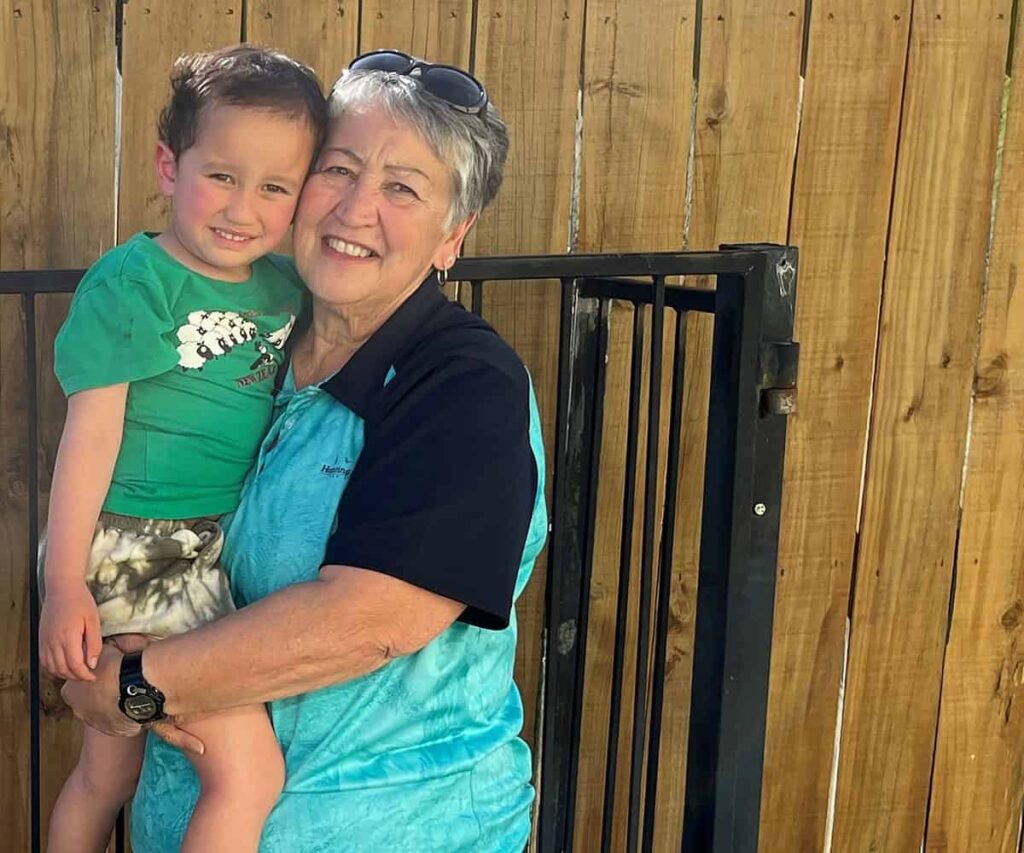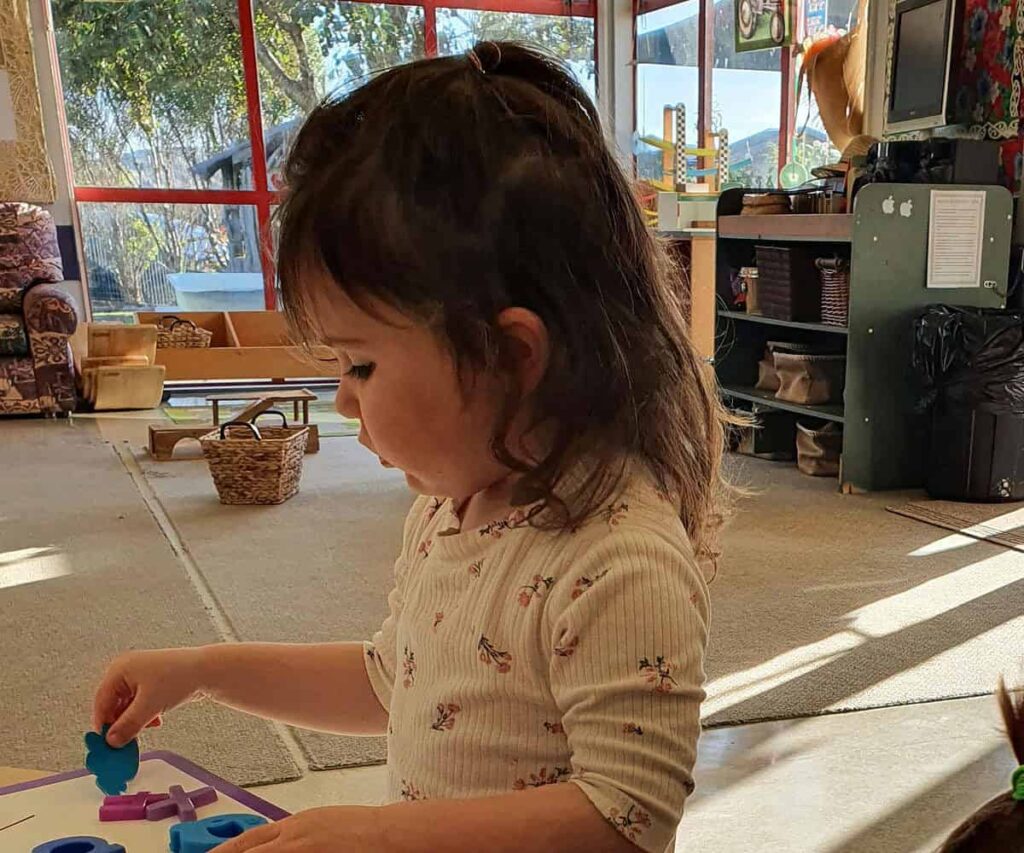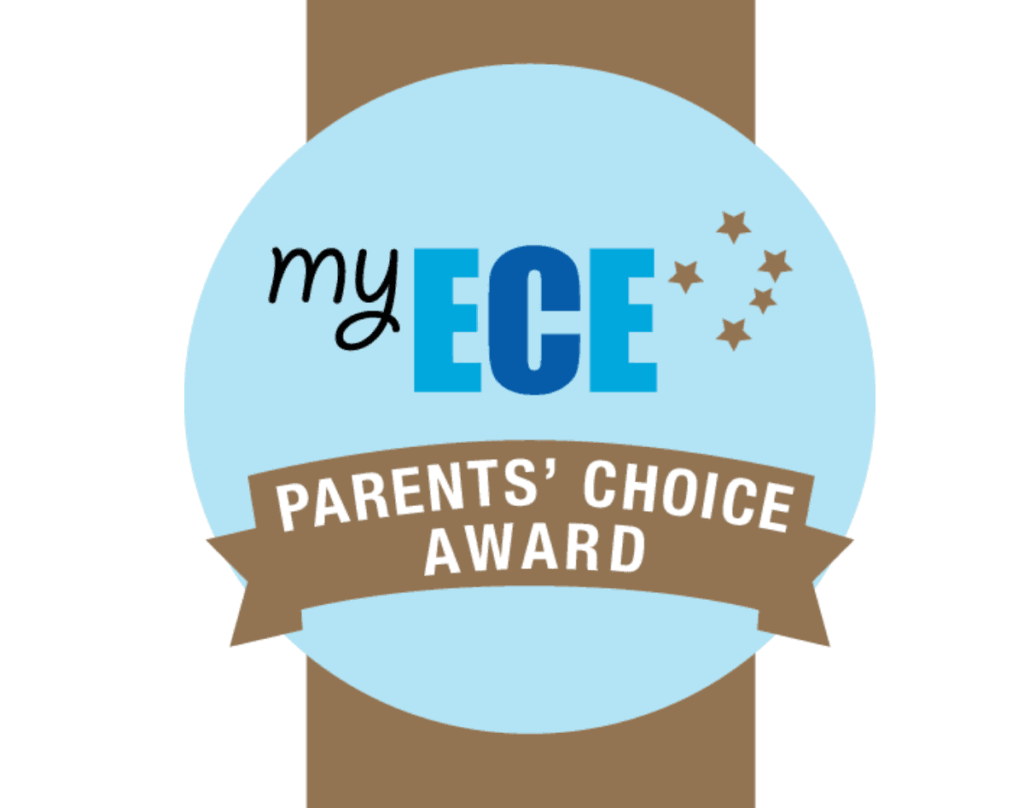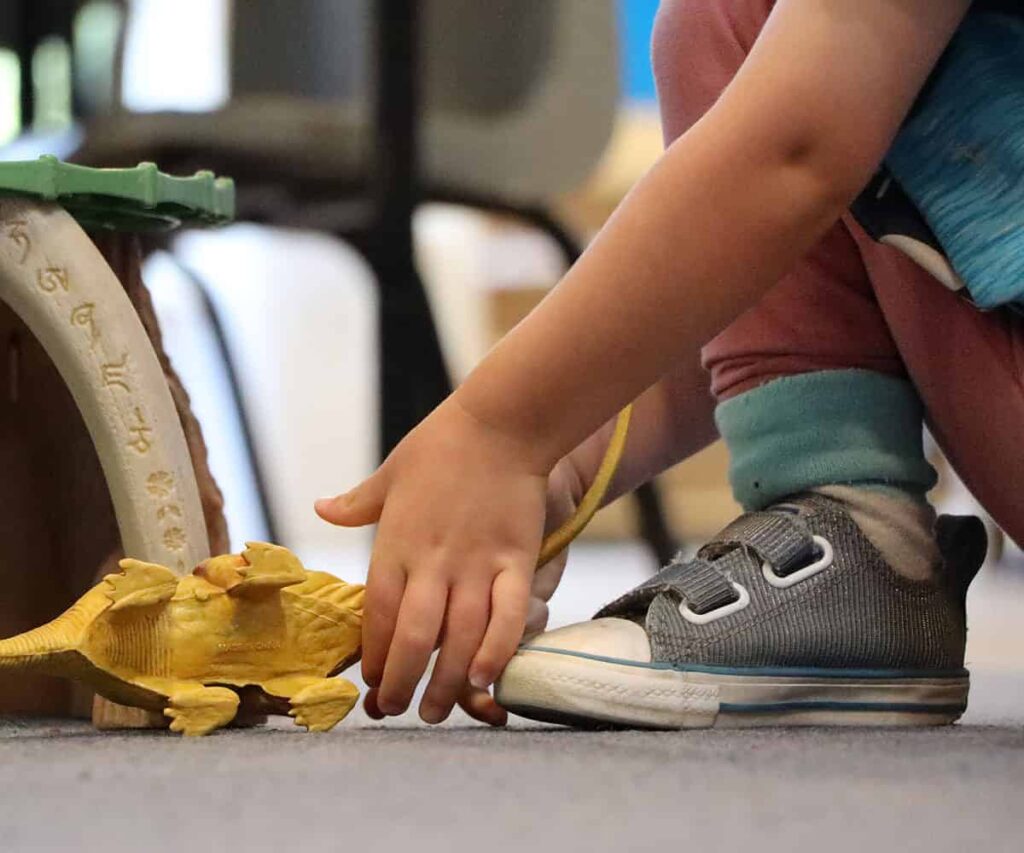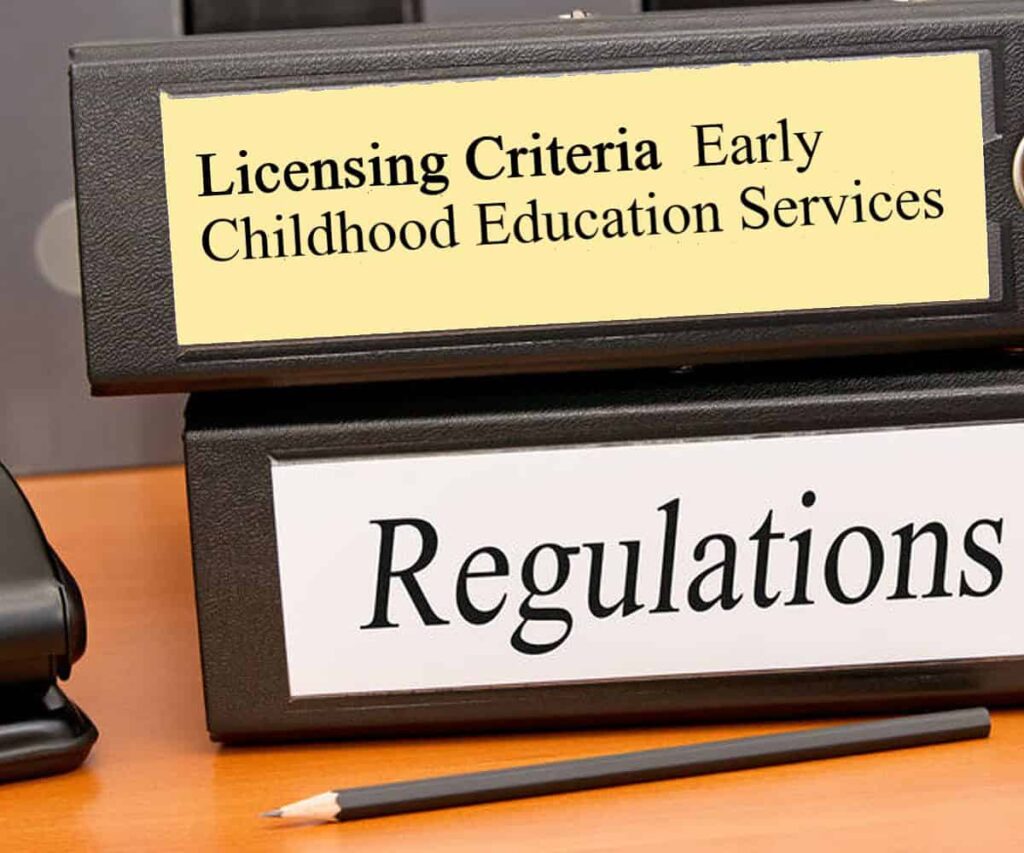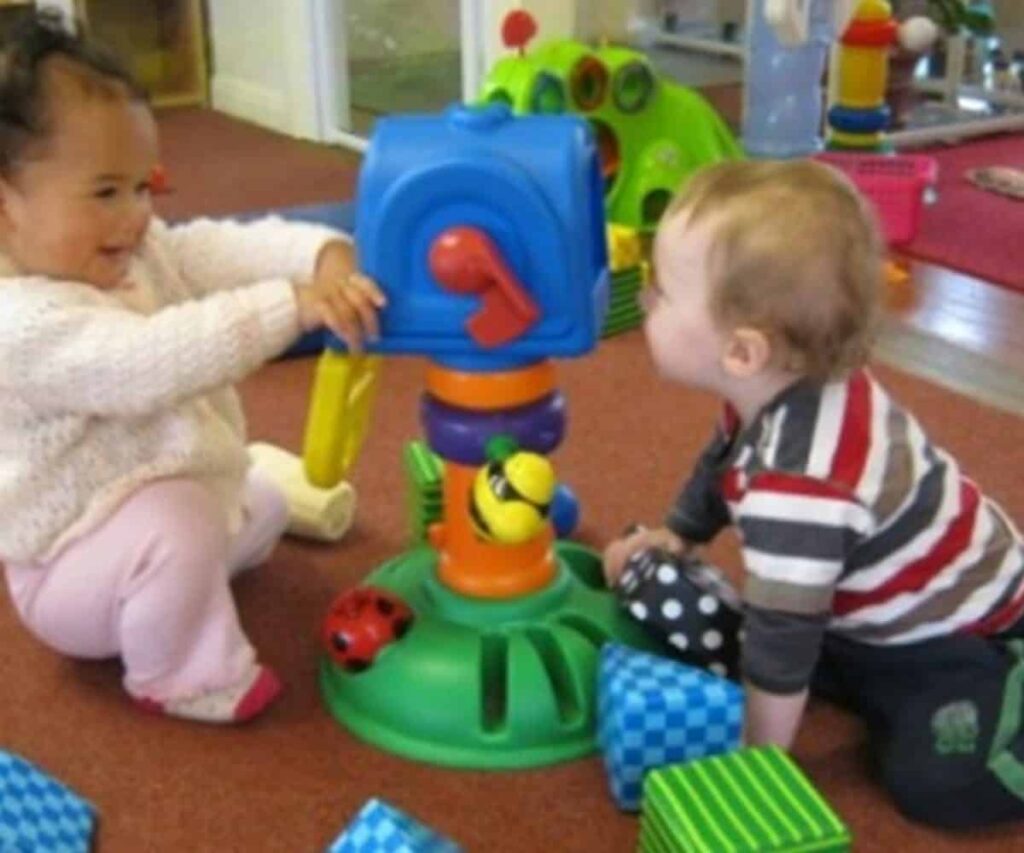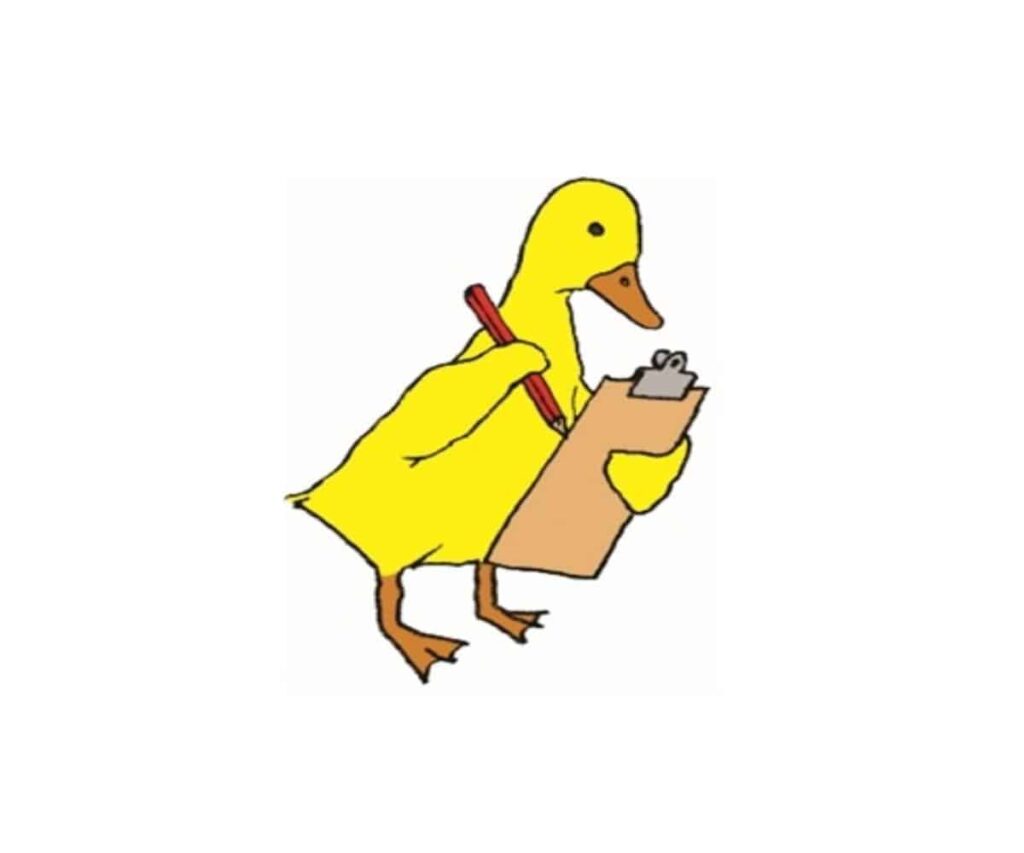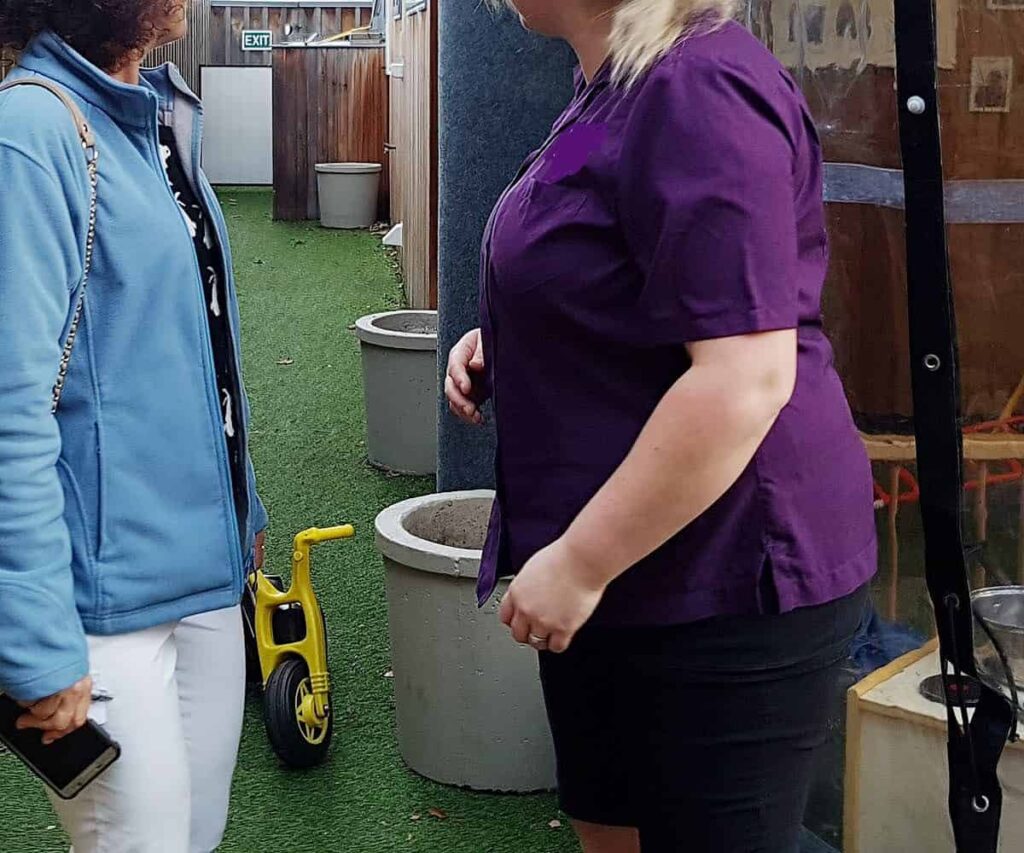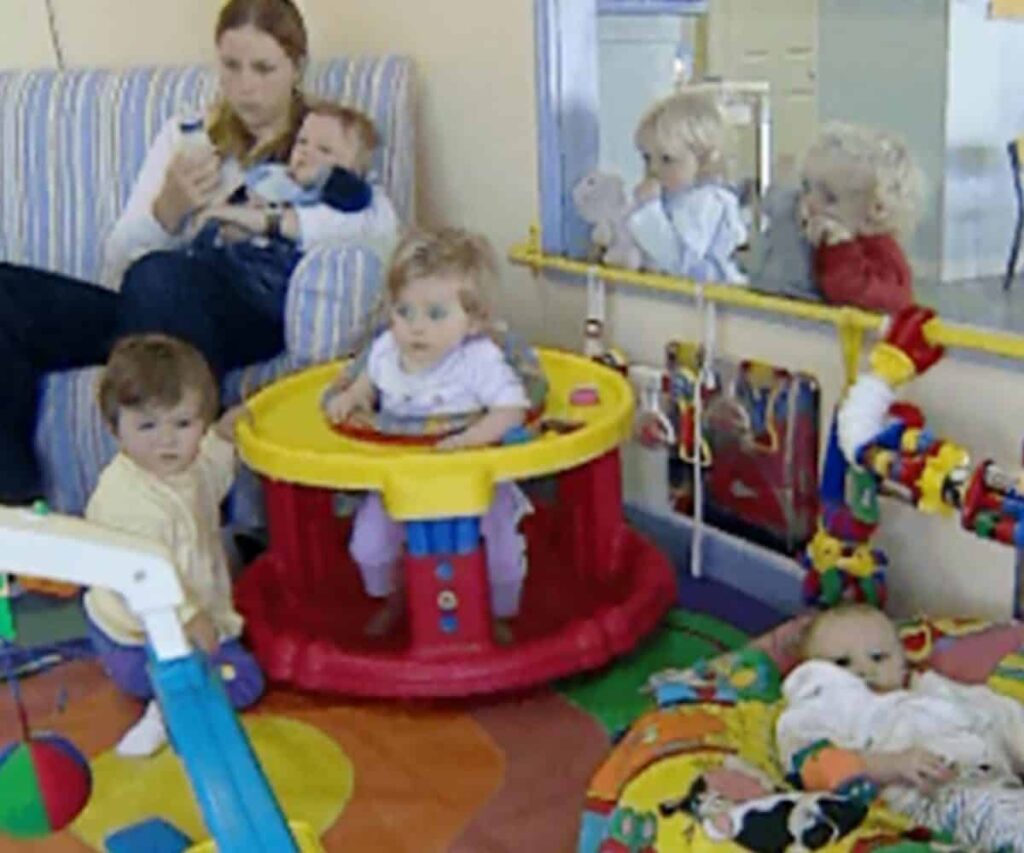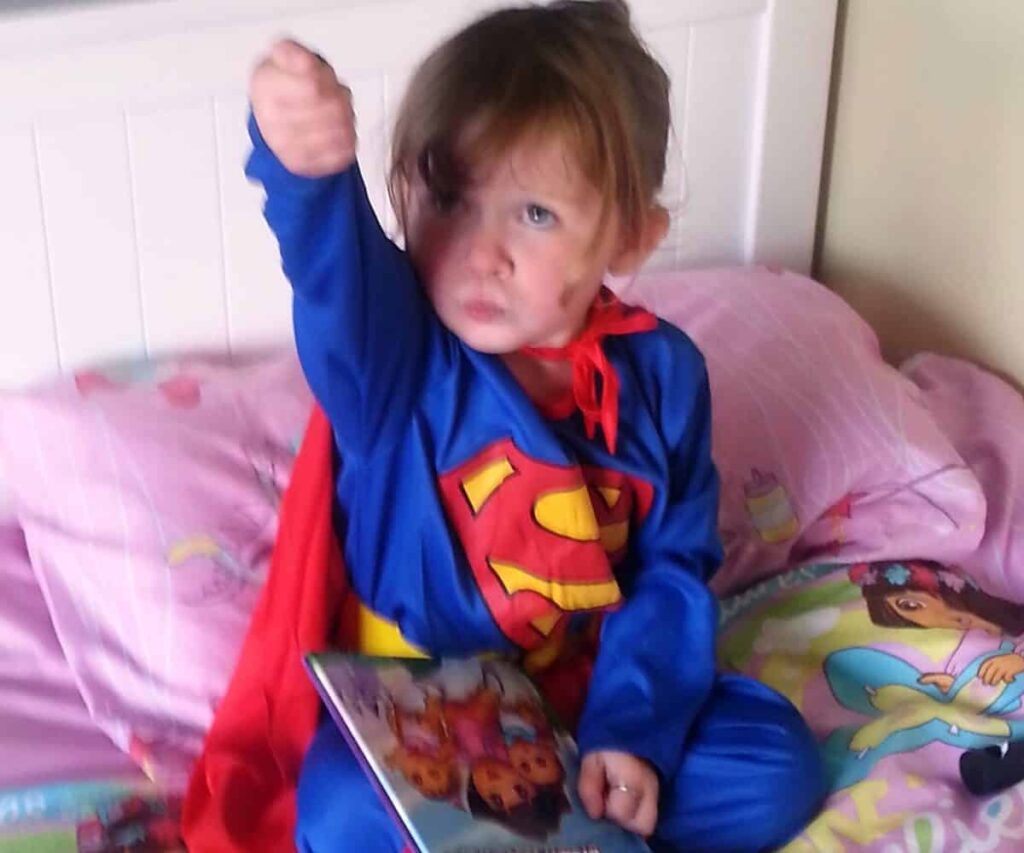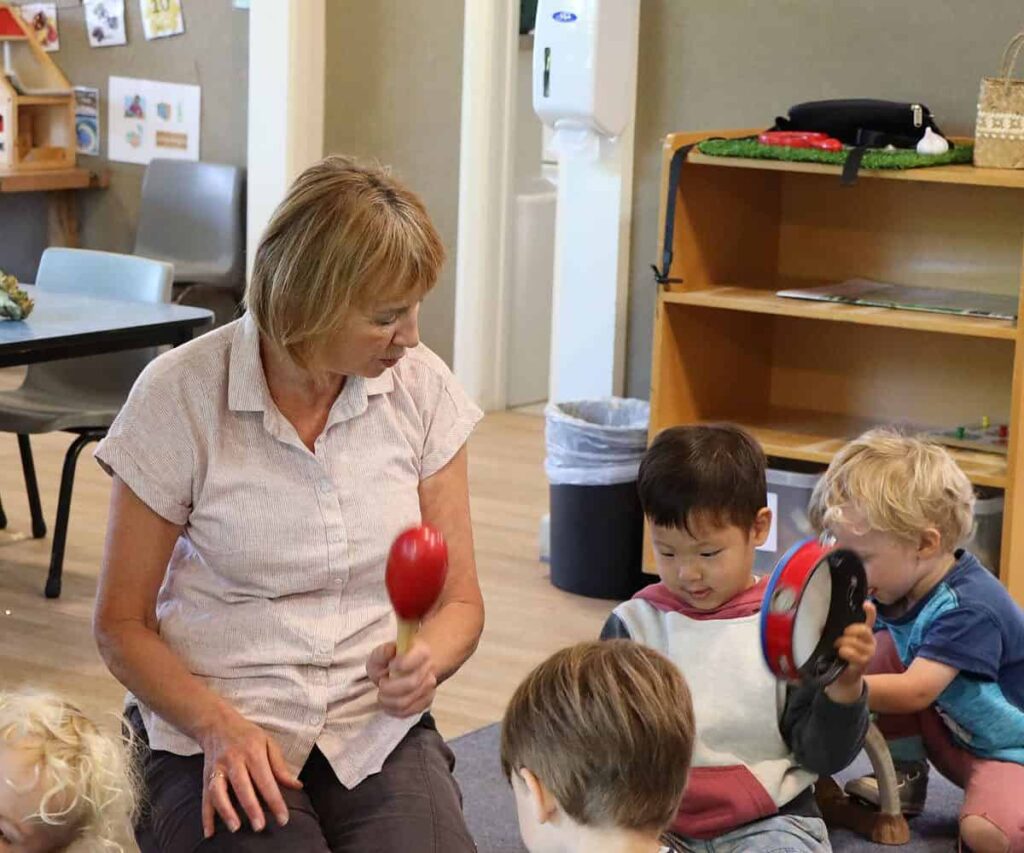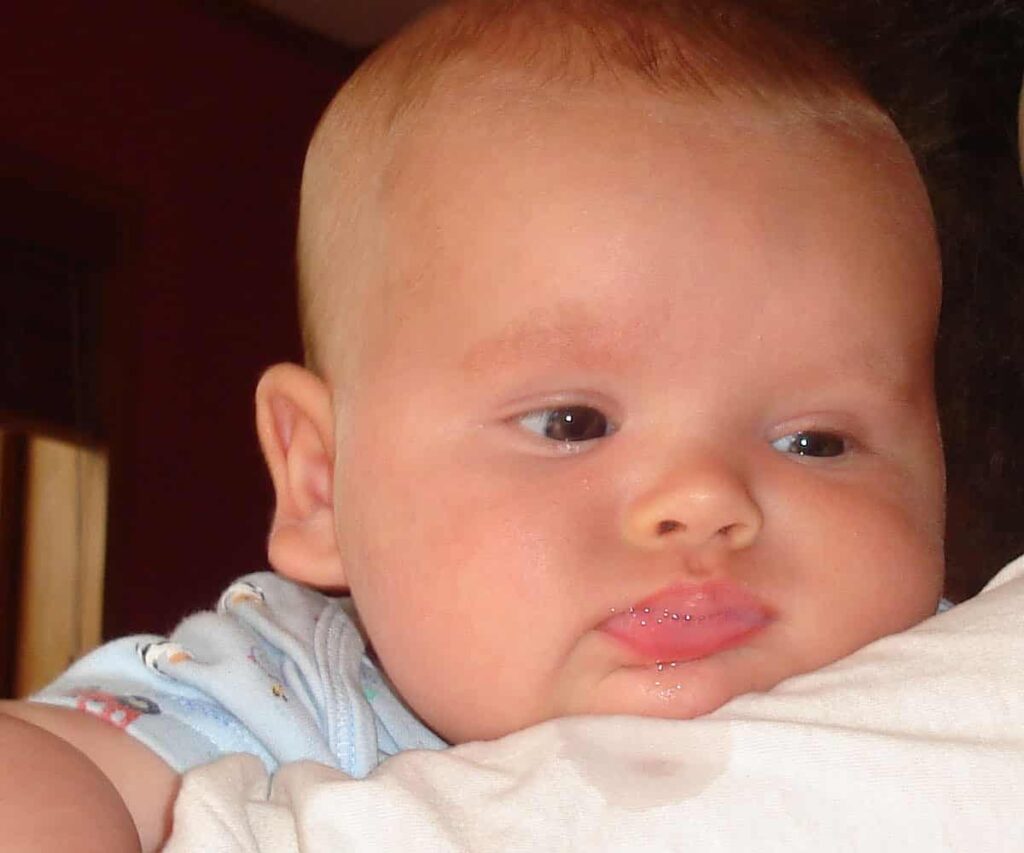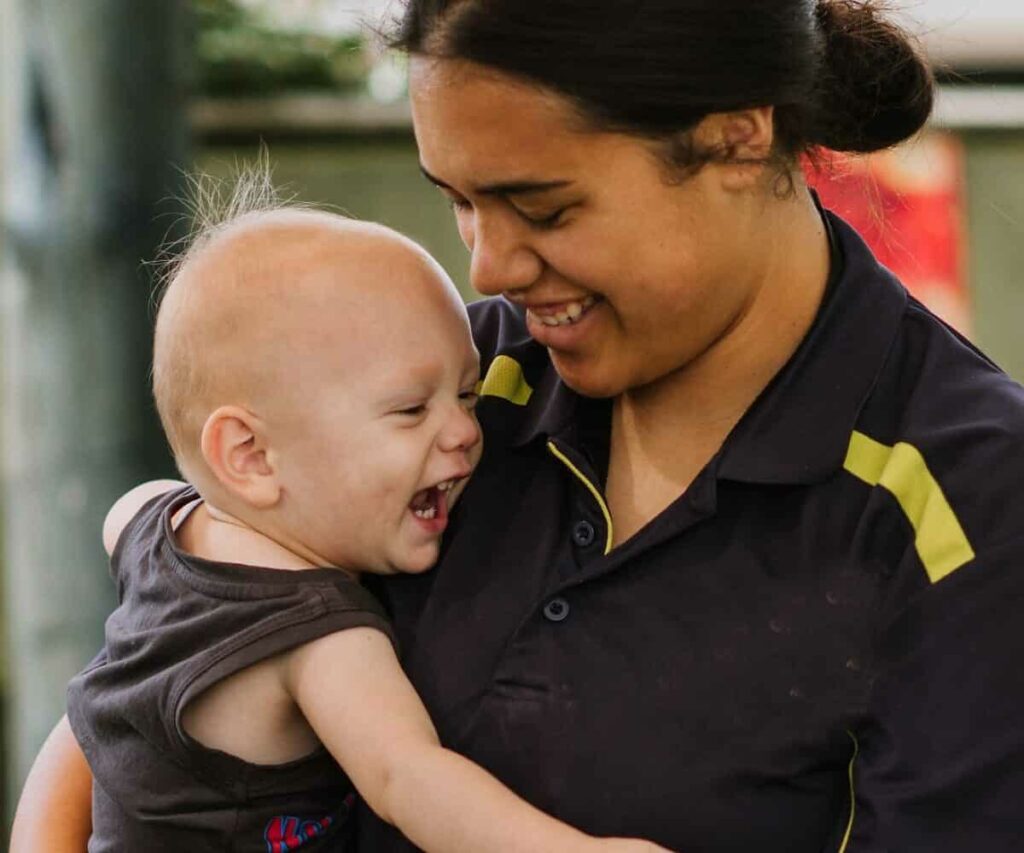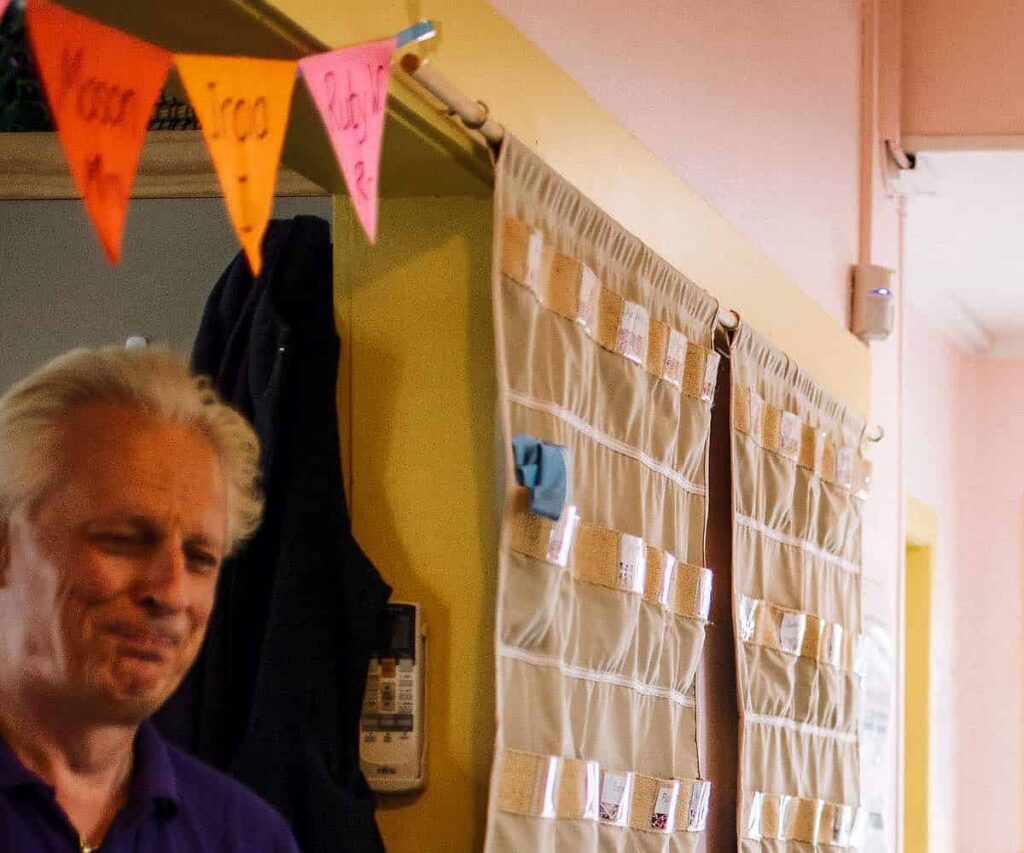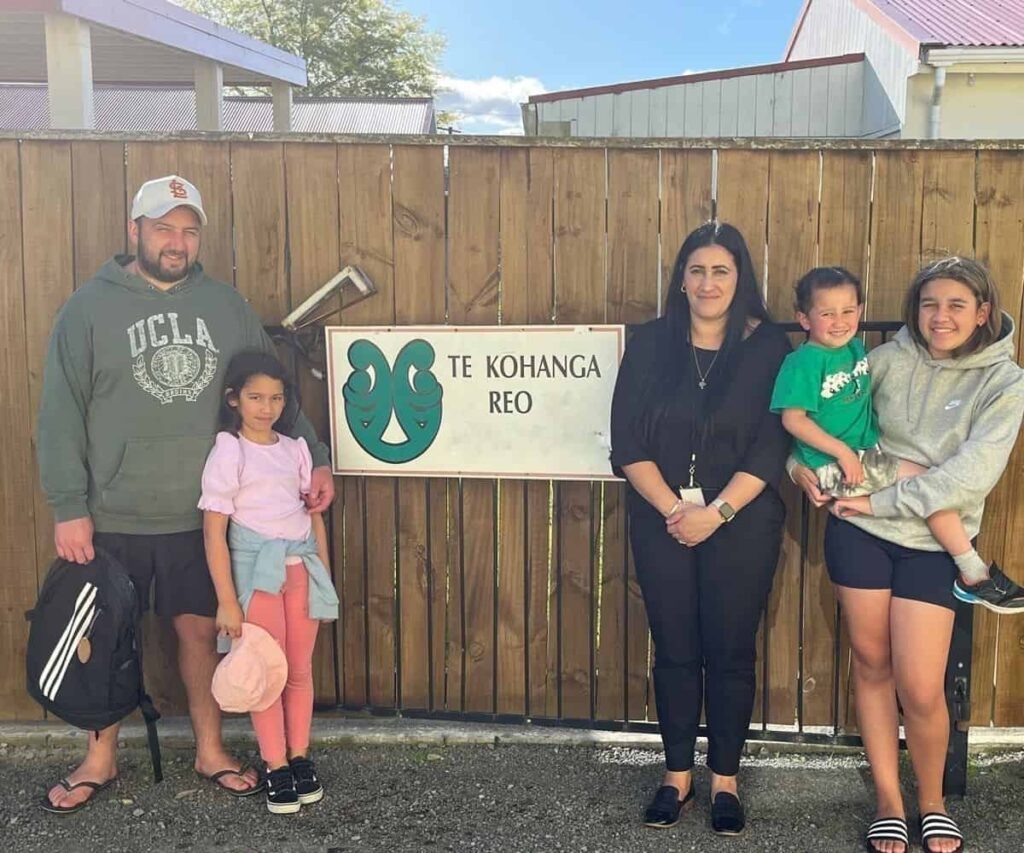An early childhood service may charge a late fee instead of allowing at least a little or occasional flexibility as to when parents arrive to pick up their child. If you are persistently late then fair enough, but there are times when parents can’t help being late, such as if stopping to assist at a car crash, or a fire alarm goes off at work requiring building evacuation and so there’s delay in being able to access personal belongings to be able to leave.
What is a late fee?
Late fees can vary from $10.00 after the first 15 minutes to as much as $1.00 or more from the first minute late and every minute after that. Some services have a flat fee of $25 to $30 if more than 10 or 15 minutes late. Whichever way you look at it a late fee is a punitive measure – a fine and a punishment to give the message of ‘don’t be late’.
Services may explain that its necessary to charge a late fee to cover the cost of overtime for staff, but rarely is the money passed to staff. Late fees therefore provide added revenue for a service.
Some teachers argue that it’s a good thing for their service to fine parents, because their employer employees only the minimum number of staff to children and they are not paid overtime if a child is still present after their work shift ends.
Great services usually do not have a fine system
Some services take a friendly approach, supporting both families and staff. Parents don’t want to be cause inconvenience and will feel bad if they do, without a fine. In cases when a parent is frequently late (or arrives before the child is booked in to stay) the service manager will likely suggest to the parent that they change the child’s booked-in hours to match. This is a simple solution.
Most services do not routinely fine parents for one-off lateness because they value relationships with parents and are well-managed with staff on hand before children arrive and after the last child is booked in to leave, to do things like meeting with parents, planning, and tidying up and setting up resources for the next day.
Other reasons for not having a fine system include:
- supporting families and understanding that things don’t always go according to plan for parents,
- knowing that a fine does not always prevent a parent from arriving outside of the time their child is booked into attend, and
- the service is adequately staffed with good teacher to child ratios and can accommodate a child whose parent may be running late.
Must you pay the late fee?
Check the service’s fees policy. If a fine is clearly stated and the amount, then you are must pay it.
A late charge may work in your favour – since a service that charges a late fee is effectively allowing you to be late and not to feel bad about it. When charging a late fee the service is telling you that it has plans in place to cope with any late children and you will not be putting staff out by being late.
Whose time is right?
If time is disputed, for example if the service charges for every minute late – raise this with the centre. One parent took a picture of the clock at the service and checked it against the official ‘world’ clock time for NZ (most mobile phones show this) and was able to prove that the clock the centre was going by was 3 minutes fast.
What happens after around 20 or so minutes late
When the service is waiting for a child to be collected but the parent has not informed it that they are running late, the usual practice is to contact the persons listed as emergency contacts for the child. Should the emergency contacts not be able to be reached, then the police may be contacted for advice or for help to track the parent or other family members.
Read more
Allowing Parents to Alleviate their Guilt by Paying for Being Late
